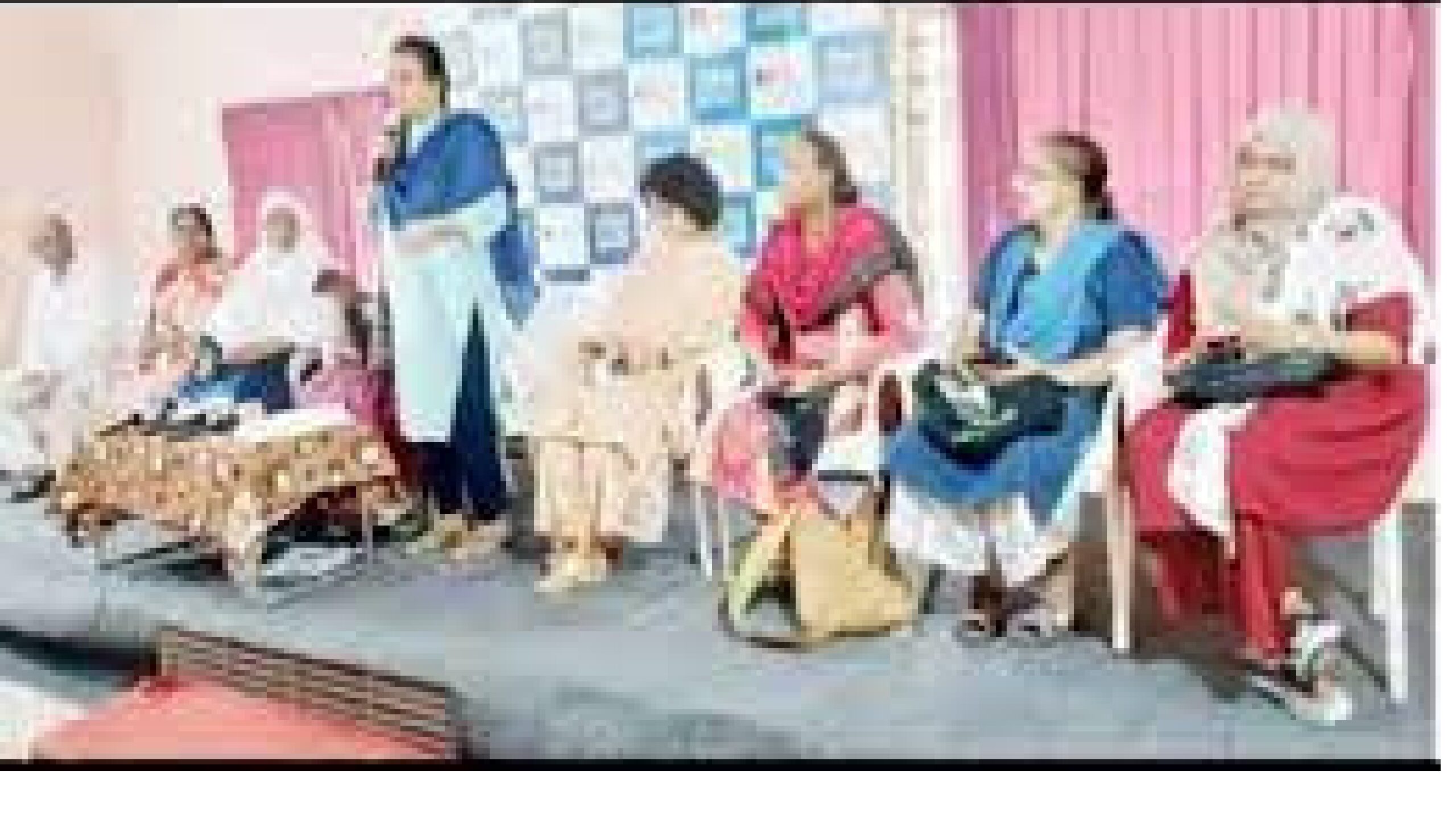28 States and 8 Union Territories divided into 543 MP Constituencies (areas)
Indian Government
Central Government State Government Local Self-government
Central Government
President
Legislature Executive Judiciary
Members of Parliament (MPs) Secretariat Supreme Court
Lok Sabha (Lower House) (543)
Rajya Sabha (Upper House) (238)
Prime Minister Chief Secretary Chief Justice of SC
(Deputy PM)
Cabinet Minister Secretary of Dept. Justice
Deputy Minister
Ministers of State
Head of Dept / Director
Joint Director
Deputy Director
Section Officer
Senior Clerk
Junior Clerk
Indian Constitution is supreme. President is the Head of the country. He/She is the Supreme Commander of all armed forces. He/She acts on the advice of the Prime Minister. Legislature passes resolutions and sends them to the President for his approval. With his/her acceptance they become laws. Executive wing implements those laws in the country. Judiciary decides whether the laws are in accordance with the constitution or not.
Also read: Ancient Indian Glory – Fact or Fiction?
State Government
Governor
Legislature Executive Judiciary
Members of Legislative Secretariat High Court Assembly (MLA) (AP 175)
Members of Legislative Council (MLC) (AP 58)
Chief Minister Chief Secretary Chief Justice of HC
(Deputy CM)
Cabinet Ministers Secretary of a dept. Justice
Head of Dept / Director
Joint Director
Deputy Director
Section Officer
Senior Clerk
Junior Clerk
Governor is the Head of a state. (For Union Territory the Head is Lieutenant Governor). He acts on the advice of the Chief Minister. Legislature passes resolutions and sends them to the Governor for his approval. With his acceptance they become laws. Executive implements those laws in the state. Judiciary decides whether the laws are in accordance with the constitution.
Also read: Law and Justice
Local Self-government
Zilla Parishad (Chairman and Councilors) for a District
Municipal Corporation (Chairman and Councilors) for a Town
Panchayat Samiti (President and Ward Members) for a group of villages
Panchayat (President and Ward Members) for a village and its hamlets if any.
District Administration
Collector District Judge
District Officer of each Department Ex: SP of Police Magistrate Class I
Divisional Officer Ex: Deputy SP of Police Magistrate of Class II
Mandal Officer Ex: Circle Inspector of Police
Village Officer Ex: Sub-Inspector of Police
Constitutional Bodies
Election Commission
Central Bureau of Investigation (CBI)
Enforcement Directorate (for Financial crimes)
Comptroller and Auditor General of India
Etc.
Functioning : Central, State and Local governments collect various taxes. They share the money between them. Different government offices draw money by presenting bills to Treasury Department which passes them if they are in accordance with the rules and then the money is collected from State Bank of India which operates govt. funds.
Also read: Lawyers in Courts
Duties of MLAs and MPs: These representatives of people are expected to participate in all the discussions in the respective Sabha / Assembly / Council and see that they support the good and oppose the bad issues irrespective of their party affiliation. Getting transfer of an official, getting a tap connection for a person, recommending a contract for near and dear etc., are not the things expected of them. But unfortunately that is what the public is expecting from them and they are earning a lot of money appearing to do what the public wants. Moreover the legislators of ruling party support everything govt. does and those in opposition oppose whatever the govt. does without applying their mind. Further many times a discussion does not take place on issues because of shouting, dharnas and walk outs. This is truly undemocratic factionalism of a different kind. An MLA / MP belongs to the state / country and not to his constituency alone. He should not interfere in the duties of the executive officers. A Minister should get things done by interacting with the Head of Executive Department.
Also read: An Inspiring Teacher




